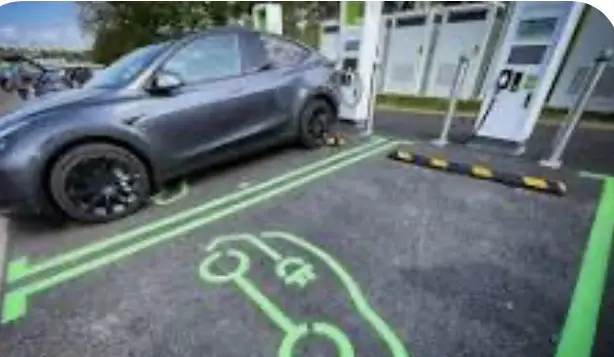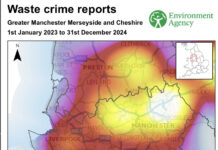More than two-thirds of electric (EV) and plug-in hybrid (PHEV) vehicle owners who have used the UK’s public charging network have reported being unhappy with it in a Which? survey – suggesting the UK’s current infrastructure is not fit for purpose.
The consumer champion is supportive of drivers being able to switch to electric vehicles to reduce their environmental impact and benefit from potential for lower running costs but is concerned that the government and chargepoint operators have more work to do before consumers can feel fully confident in making the switch to EVs.
Of EV and PHEV drivers who have used public chargers in the past, a quarter said cost is the primary reason they have since stopped using them. PHEV owners are more likely to be put off by cost – half felt that public charge points are too expensive, while the same was only true for a third of EV drivers.
Reliability of public charge points is also an issue. Three-quarters of survey respondents said they have experienced a faulty public charger at least once in the last 12 months, while nearly four in 10 rated it difficult to find a working charger at all.
Some drivers also found charge points confusing and difficult to use, with one in five EV drivers and a quarter PHEV drivers reporting this. A quarter and 24% PHEV%) of both EV and PHEV drivers found the payment methods on offer inconvenient.
Nearly nine in 10 drivers who used public chargers said they would prefer to pay by contactless bank or debit card, but many charging points still require payment through an app.
One Which? member said: “One charger wanted me to use an app and would not accept just a credit card. I did not have the app and (had) low signal, so couldn’t download it.”
Another said: “The infrastructure is dismal. It should be as easy to charge a car as it is to buy petrol. It is infinitely more complex with different systems, paying methods, limited access and non-functioning chargers. ”
Around six in 10 owners (63%) who used public chargers also found it difficult to compare prices between chargepoint operators.
Four in 10 (41%) of EV and PHEV owners said they only use the public charging network every few months or less, with a quarter (25%) saying they have never used a public charging point.
A similar proportion said they did not need to use public chargers, with more than nine in 10 (96%) EV and PHEV owners opting to charge their car at home at least some of the time. However, Which? is concerned that charging at home will not be an option for many people looking to make the switch to EVs, which is why the network needs to be improved.
For more drivers to make the transition to electric and hybrid vehicles from petrol and diesel options, they need confidence to rely on the public charging infrastructure and payment systems that are simpler to use.
The government introduced rules late last year to increase pricing transparency, reliability and contactless payments for charge points by the end of 2024. This is a step in the right direction and consumers must see tangible improvements as soon as possible.
The number and location of charge points also remains a major issue for drivers. The government needs to urgently work with chargepoint operators to support the rollout of new chargepoints so that consumers have the confidence to make the switch to electric vehicles. Progress is also needed on long-standing proposals to launch a Rapid Charging Fund. The government must work with local authorities and the private sector to support the roll out of the charging infrastructure.
Sue Davies, Which? Head of Consumer Protection Policy, said:
“We know that people want to make more sustainable choices and switch to an electric vehicle, but many drivers have a lack of confidence in the public charging infrastructure, and this also risks alienating people who aren’t able to charge their EVs at home.
“It is positive that the government passed new rules that should see improvements in consumers’ experiences of the public charging network. The government and chargepoint operators must continue working together to ensure the UK’s charging infrastructure is up to scratch. Charging must be easy and reliable to support more people to make the move to an electric car.”







